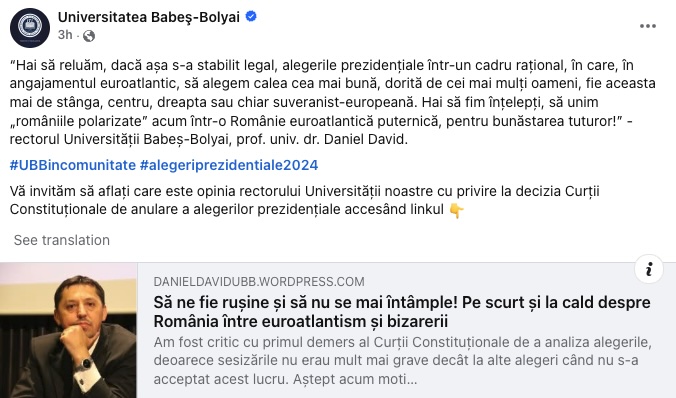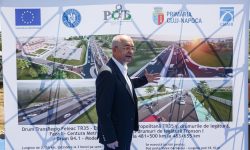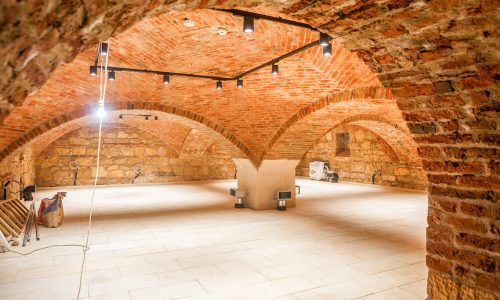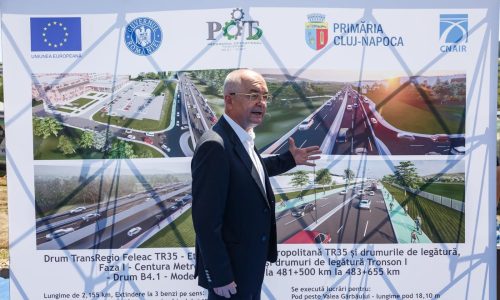Babeș-Bolyai University (UBB) has once again entered the spotlight after a recent statement by its rector, Professor Daniel David, addressing the annulment of Romania’s presidential elections and calling for national unity. This follows earlier communications that were perceived by some as politically charged, raising an important question: should educational institutions engage with politically sensitive topics, especially during elections?
The Rector’s Statement

“Let us restart, if this has been legally established, the presidential elections in a rational framework, within the euroatlantic commitment, to choose the best path, desired by most people, whether it leans left, center, right, or even sovereignist-European. Let us be wise, to unite the ‘polarized Romanias’ now into a strong euroatlantic Romania, for the well-being of all!” – the Rector of Babeș-Bolyai University, Prof. Dr. Daniel David.
#UBBinCommunity #PresidentialElections2024
We invite you to learn the opinion of our university’s rector regarding the Constitutional Court’s decision to annul the presidential elections by accessing the link.
UBB shared a facebook post with a link to his latest post on his blog where, Rector Daniel David urged Romanians to approach the re-run of presidential elections with rationality and a focus on creating a “strong euroatlantic Romania.” Published on his personal blog and shared via UBB’s official channels, the message critiques systemic issues such as education, pseudo-science, and inadequate political representation.
Professor David’s post highlighted three key areas of concern:
- Education: He lamented the persistent issues in the Romanian education system, including functional illiteracy, underfunding, and mismanagement, which he described as leaving citizens vulnerable to manipulation and obscurantism.
- Science and Religion: The rector criticised the rise of pseudo-science and the Church’s tolerance of occultism and superstition, which he argued undermine the pillars of European political and cultural identity.
- Politics: He expressed frustration with the political class’s failure to address citizens’ needs, warning that traditional and emancipated Romania risk aligning with “bizarre Romania,” a term he used to describe anti-system and antisocial elements.
While the statement sought to encourage unity and informed decision-making, its pointed critique of political, religious, and educational systems raises questions about the appropriateness of such commentary from a public academic institution.
A Growing Pattern?
This is not the first instance of UBB making public statements that touch on political issues. A prior message from the university’s dean’s office advocating for a “European Romania based on science and religion” also stirred debate about the university’s role in public and political matters. Both statements have led to concerns about whether such communications conflict with the university’s Code of Ethics, which emphasises impartiality and prohibits political propaganda.
The Ethical Dilemma
UBB’s Code of Ethics provides clear guidelines on the conduct of the university and its members:
- Neutrality: Article 6 explicitly prohibits political propaganda in connection with the university’s activities.
- Fairness and Inclusivity: Articles 38 and 39 emphasise the importance of impartiality and reject discrimination based on political or religious beliefs.
While the rector’s messages may have been well-intentioned, aiming to encourage civic responsibility and rational discourse, critics argue that they blur the lines between academic advocacy and political involvement. Sharing such statements on UBB’s official platforms further complicates the matter, as it risks being perceived as an institutional endorsement.
A Divided Public Response
Public reactions to UBB’s statements have been mixed:
- Supporters praise the university for addressing critical national issues and fostering informed public dialogue. “UBB is showing leadership by promoting rationality and unity during a challenging time,” commented one supporter.
- Critics, however, view the statements as overstepping the university’s role. “Universities should focus on education and research, not political commentary,” argued another commentator.
Balancing Advocacy and Neutrality
Educational institutions hold a unique position as trusted sources of knowledge and critical thinking. This trust can empower them to contribute meaningfully to societal issues, but it also obligates them to maintain neutrality, especially during politically sensitive periods. When universities engage in public discourse during elections, they risk being perceived as partisan, regardless of their intentions.
In the case of UBB, the recurring pattern of public statements addressing politically charged topics highlights the challenges of balancing academic advocacy with ethical guidelines. While the messages have emphasised rationality, education, and euroatlantic values, their timing and content have raised concerns about potential conflicts with the university’s stated principles.
As Romania prepares for a re-run of its presidential elections, the role of public institutions like UBB will continue to come under scrutiny. The ongoing debate over the appropriateness of their engagement in political discourse underscores the need for clear boundaries and adherence to ethical standards.



